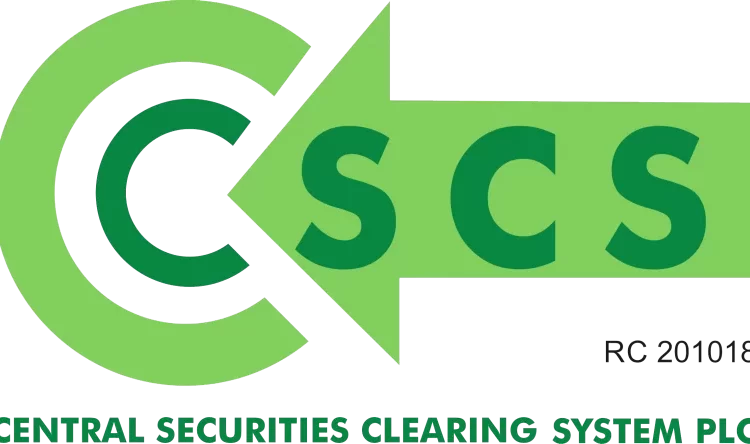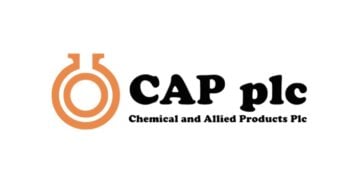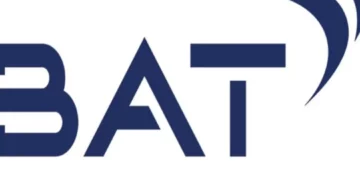The Central Securities Clearing System (CSCS) Plc has confirmed its readiness to transition to a T+2 settlement cycle on November 28, 2025. This move is expected to enhance Nigeria’s capital market efficiency, reduce settlement risks, and align with international standards.
Capital market stakeholders have expressed strong confidence in the market’s preparedness for this critical shift.
Speaking at a stakeholder webinar themed ‘Trade Associations: Ensuring Stakeholders’ Readiness for T+2 Settlement System,’ CSCS managing director/CEO Haruna Jalo-Waziri reflected on the organisation’s 26-year journey since its inception.
He noted that CSCS was established to address settlement risks and that adopting a T+2 cycle aligns Nigeria with international standards by reducing delays, minimising risk, and improving liquidity.
Jalo-Waziri thanked the Securities and Exchange Commission (SEC) for its support and openness to innovation and the NGX Group Plc and various trade associations for their active collaboration throughout the implementation process.
CSCS Chairman Temi Popoola highlighted the significant investment made in technology and infrastructure to ensure operational and technical readiness for the T+2 transition.
He said the organisation has conducted rigorous stress testing under high-volume and adverse conditions, demonstrating CSCS’s capability to support the new system with strong redundancy and fallback mechanisms.
Popoola emphasised that the initiative represents a significant step toward enhancing Nigeria’s competitiveness in the global financial landscape, improving operational efficiency, and strengthening investor trust. He stressed the collective commitment of both regulators and market participants to deepen and modernise market infrastructure.
He also pointed out that a successful migration to T+2 requires cooperation across the entire market value chain, including banks, custodians, registrars, fund managers, and back-office operators to ensure systems are aligned, liquidity plans are in place, and counterparty processes are updated.
Speaking during the same webinar, the SEC’s director-general, Dr Emomotimi Agama, reiterated that the November 28 ‘Go-Live’ date remains unchanged, adding that the shift to T+2 is in line with the Commission’s 2015 to 2025 Capital Market Master Plan.
Providing a status update, divisional head of CSCS Depository, Onome Komolafe, confirmed that the project has entered the implementation phase. She reported that 19 end-to-end test scenarios have been successfully completed with flawless results.
From the industry side, Babatunde Majiyagbe, president of the Association of Asset Custodians of Nigeria (AACN), affirmed that custodians are fully prepared for the November launch.
He said we have conducted thorough testing and encountered no issues. We are proud of the progress made and look forward to a successful transition.
Similarly, Sam Onukwue, chairman of the Association of Securities Dealing Houses of Nigeria (ASHON), described T+2 as a vital step in modernising the capital market, providing firms with the opportunity to upgrade their systems. He expressed confidence in a smooth rollout, citing effective stakeholder coordination.
Chairman of the Council of the Nigerian Institute of Capital Market Registrars (ICMR), Oluseyi Owoturo, also confirmed that member firms have reviewed operational processes and are updating back-office systems in preparation for the go-live date.
Market watchers expressed optimism that the T+2 initiative would align Nigeria’s capital market with international standards, such as those in the U.S., EU, and major Asian markets, which have already adopted T+2.





